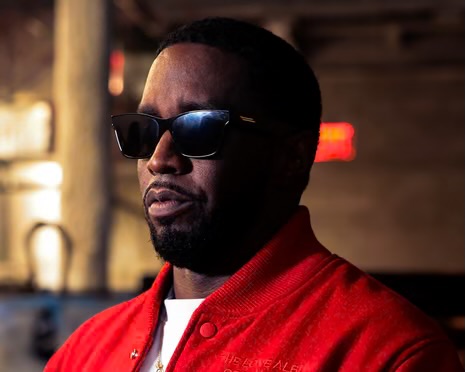In what began as a routine evening at a popular Mumbai comedy club, the fallout from a politically charged joke took an alarming turn when a mob descended upon the venue. Kunal Kamra, known for his incisive humor, poked fun at politician Eknath Shinde, only to find himself facing the wrath of the politician’s supporters shortly after a video of his performance circulated online.
The incident, which occurred on Sunday night, escalated rapidly. Shinde's followers stormed the club, verbally threatening attendees at an unrelated event, and proceeded to vandalize the venue, all while police stood by without intervening. This alarming violence exemplified the shrinking space for dissent and humor in a nation already on edge regarding free speech.
The repercussions were swift. The state's chief minister called for legal measures against Kamra, while police charged him with defamation, accusing him of tarnishing the politician’s image. In a dramatic show of governmental force, municipal workers were sent in to dismantle portions of the comedy club, marking a worrying trend often termed “bulldozer justice” against perceived adversaries.
Kamra, however, responded defiantly, asserting that the violence against a venue for comedic expression was absurd. "Attacking a venue for a comedian's words is as senseless as overturning a lorry carrying tomatoes because you didn’t like the butter chicken you were served," he declared in a statement released the following day.
However, the chilling effect of this event cannot be overstated; Habitat, the comedy club where the incident took place, announced its immediate shutdown, leaving a significant void in the landscape for political comedy in India. Amid this turmoil, Kamra’s whereabouts remain uncertain, with reports suggesting he has relocated to a southern state to evade legal repercussions and further backlash.
The alarm raised by this incident signals not just a momentary uproar, but potentially a critical juncture for free expression and safety for artists in India. With comedy increasingly under siege, the vital role it plays in political discourse is more threatened than ever.




















